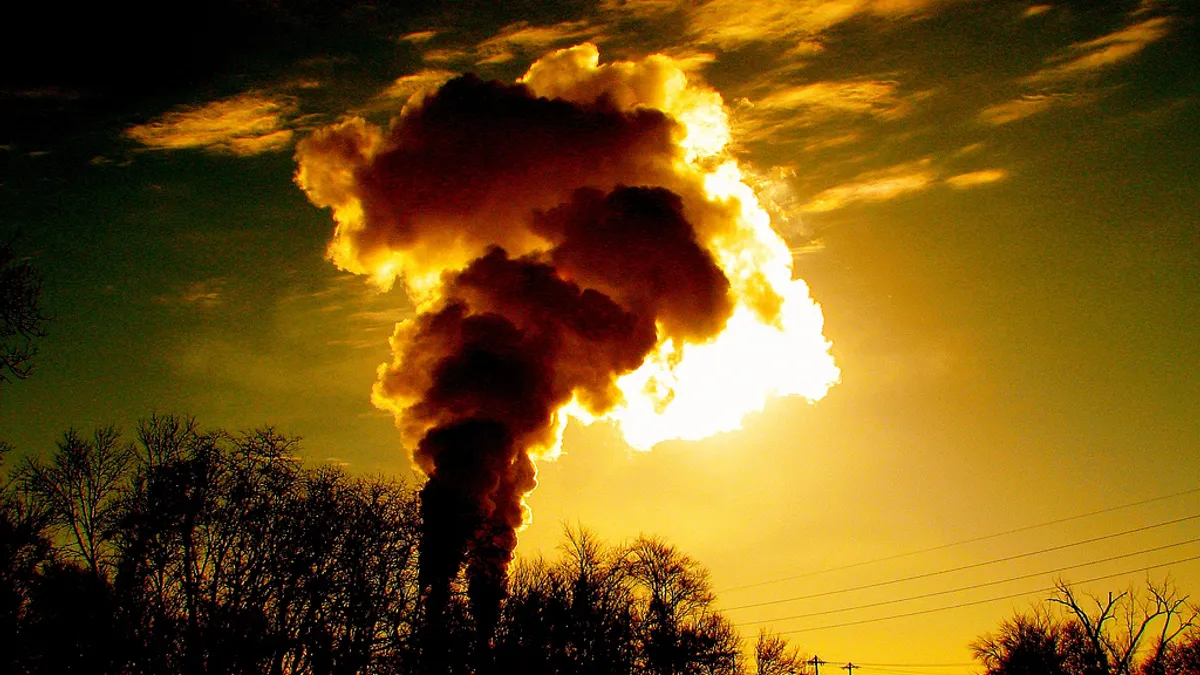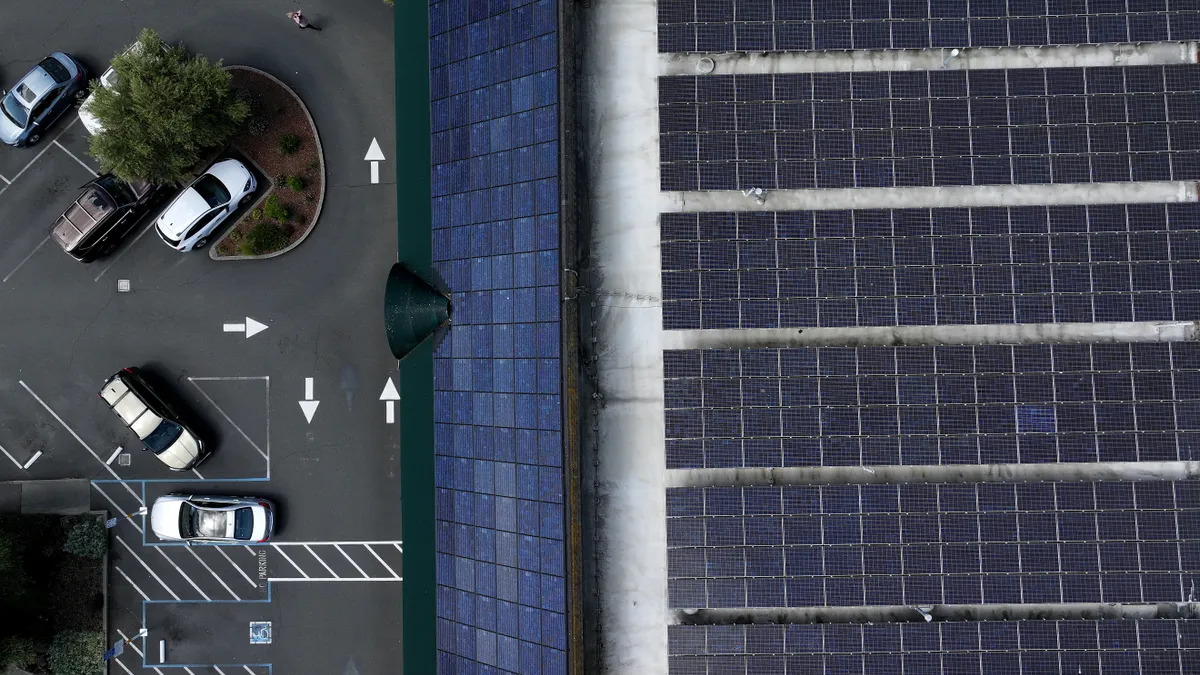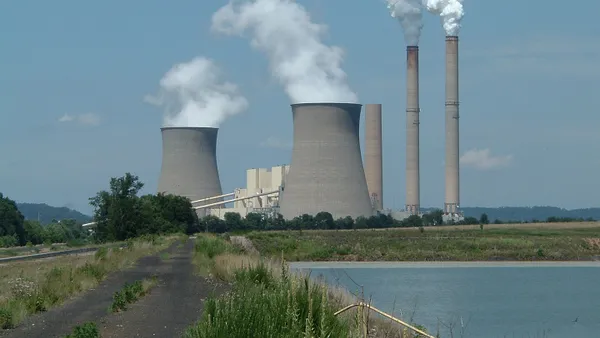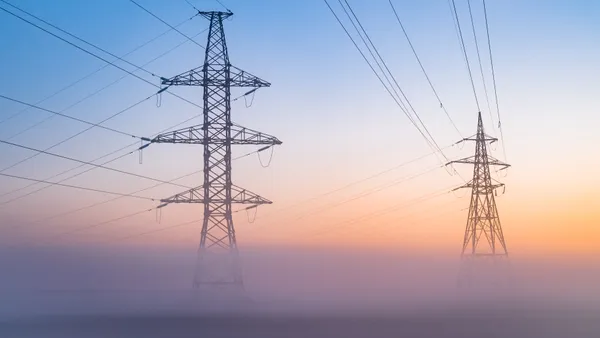Dive Brief:
- The California State Senate this week has proposed a series of clean energy funding initiatives to address carbon emissions from the transportation sector and air pollution in urban environments like Los Angeles and Central Valley, the Los Angeles Times reports.
- The plan lays out how the state should spend $1.2 billion in unspent revenue from the state’s cap-and-trade auctions.
- The Senate plan spends the 40% portion of California's Greenhouse Gas Reduction Fund that is discretionary and subject to direct appropriation by lawmakers. The plan will still need approval from the Legislature and Governor.
Dive Insight:
California's cap-and-trade program has generated more than a billion dollars the state can now earmark for a wide range of pollution-control measures, with a focus on transportation and environmental justice.
“We have the opportunity to follow through on the promise of cap and trade, which is to use polluters’ dollars to clean up the air we breathe,” California Senate President pro Tempore Kevin de León (D) said in a statement. “Working families in our most economically disadvantaged and polluted areas deserve to benefit from investments now so they have access to the cleanest technologies and the tools to make their communities more livable.”
De Leon represents Los Angeles County. The plan has support from the American Lung Association and other groups.
The proposal would spend $400 million on low-carbon and low-polluting transportation programs, and another $100 million on strategic transit investments that improve traffic flow. On the urban pollution and environmental justice side, $175 million would go towards creating a "new transformative communities program to convert highly-polluted and high-carbon communities into clean and sustainable communities."
Another $100 million would be earmarked for energy efficiency upgrades and weatherization for low-income families, and $100 million for urban greening projects.
“Californians support the leadership role the state has taken to improve our environment and these funds will help make California more resilient and better prepared for the climate change impacts that are before us,” said Senator Bob Wieckowski (D).
Wieckowski chairs the Senate’s Environmental Quality Committee.
California law mandates that 60% of cap-and-trade revenues are automatically allocated for specific purposes, including high speed rail, public transit, and grants for sustainable communities and housing. The Senate's proposal addresses the other 40%, and according to the statement, "is purposely crafted so this limited funding can be dispersed immediately and into projects that have the highest impact in reducing carbon pollution and empower communities in transitioning to a low-carbon economy.
Gov. Jerry Brown (D) is currently working to extend the cap-and-trade program past its 2020 expiration date, but its most recent carbon allowance auction fell short of expectations, falling millions of dollars short of its revenue expectations.














